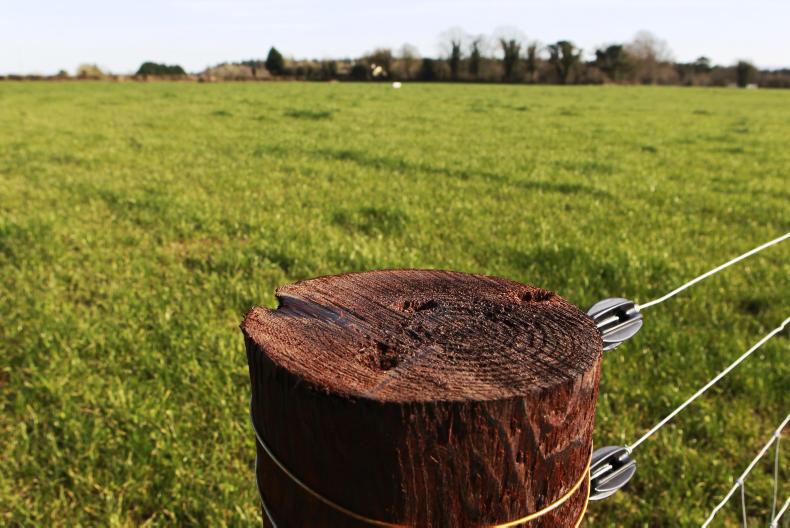There has been a considerable increase in the number of farmers who have approached the Irish Farmers Association (IFA) with vulture fund cases over the last 12 months.
Seaking at the launch of IFA’s strategy for farmers dealing with vulture funds Martin Stapleton, chair of the farm business committee, said the association is dealing with hundreds of cases and expects this number to increase.
He said the increase is largely because banks who have operated in the market previously have now either decided to exit and are managing that exit or have sold their loans on to what are commonly called vulture funds.
“Those vulture funds are looking at a situation where they are taking long-term debt and they want to make it into a short-term solution. This means that they want a sale of assets and a quick get-out.
“It’s important to recognise in the context of the total amount of money that Irish farmers owe, which is somewhere in the region of €3.5bn, there’s somewhere less than €400m of that what would be termed as distressed.
“For those people who own those loans, it is an incredibly stressful and worrying time.”
The association is to set up a five-person team to deal with vulture funds. This will be made up of voluntary IFA officers. The group will be supported by financial experts.
The IFA set out the five key principles the association will apply in dealing with vulture funds in support of farmers with credit difficulties:
No forced sale of farming assets, which undermines the viability of the family farm, and where the farmer has meaningfully engaged to find a workable solution. Full and final agreement must be reached between the borrower and loan owner prior to the disposal of any assets.Assets must be sold for their full market value and with proper advertising.No forced collection of debt that is not yet due. Where delays in arriving at a decision are due to the loan owner’s actions, there can be no interest or penalty accumulated on the outstanding debt in that time period.
There has been a considerable increase in the number of farmers who have approached the Irish Farmers Association (IFA) with vulture fund cases over the last 12 months.
Seaking at the launch of IFA’s strategy for farmers dealing with vulture funds Martin Stapleton, chair of the farm business committee, said the association is dealing with hundreds of cases and expects this number to increase.
He said the increase is largely because banks who have operated in the market previously have now either decided to exit and are managing that exit or have sold their loans on to what are commonly called vulture funds.
“Those vulture funds are looking at a situation where they are taking long-term debt and they want to make it into a short-term solution. This means that they want a sale of assets and a quick get-out.
“It’s important to recognise in the context of the total amount of money that Irish farmers owe, which is somewhere in the region of €3.5bn, there’s somewhere less than €400m of that what would be termed as distressed.
“For those people who own those loans, it is an incredibly stressful and worrying time.”
The association is to set up a five-person team to deal with vulture funds. This will be made up of voluntary IFA officers. The group will be supported by financial experts.
The IFA set out the five key principles the association will apply in dealing with vulture funds in support of farmers with credit difficulties:
No forced sale of farming assets, which undermines the viability of the family farm, and where the farmer has meaningfully engaged to find a workable solution. Full and final agreement must be reached between the borrower and loan owner prior to the disposal of any assets.Assets must be sold for their full market value and with proper advertising.No forced collection of debt that is not yet due. Where delays in arriving at a decision are due to the loan owner’s actions, there can be no interest or penalty accumulated on the outstanding debt in that time period. 





 This is a subscriber-only article
This is a subscriber-only article










SHARING OPTIONS: